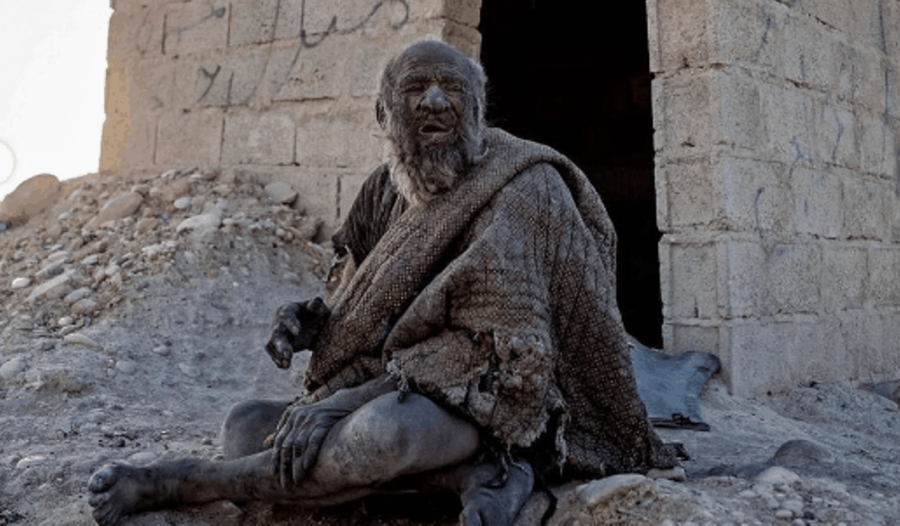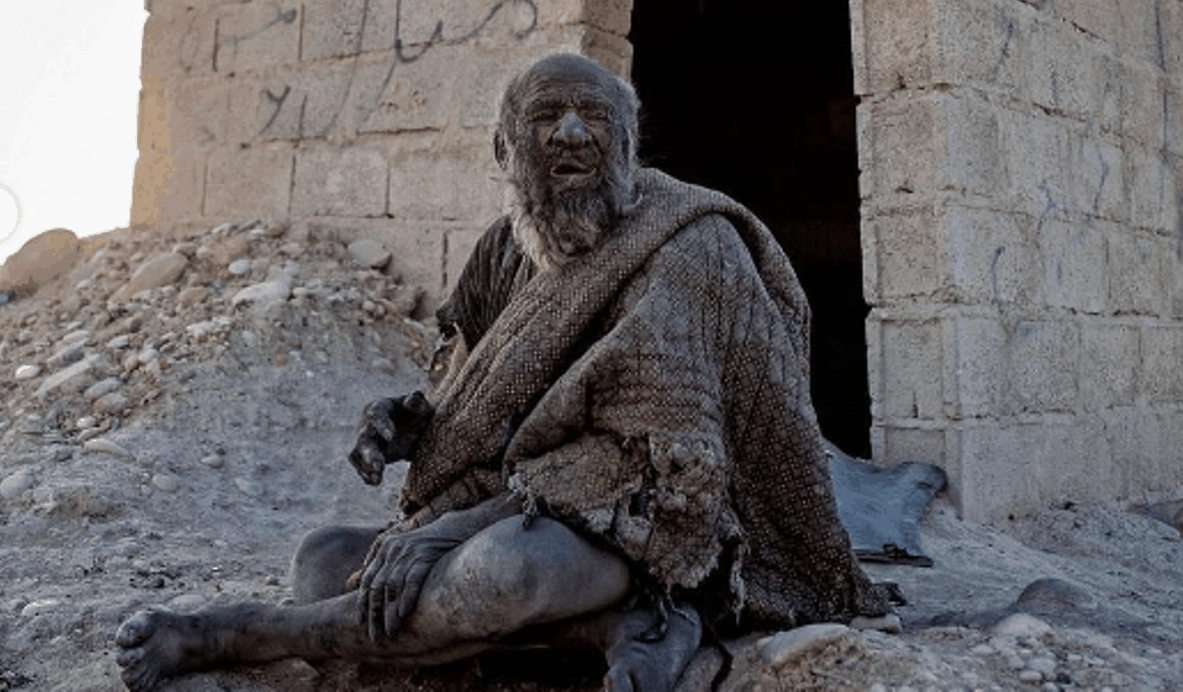
Dirtiest man alive dies at 94, months after his first wash
Amou Haji an Iranian hermit was named the ‘World’s dirtiest man’ after he hadn’t taken a bath in decades. He died just months after his first bath in 60 years.

An Iranian hermit dubbed by media as the “World’s dirtiest man” died at the age of 94 just months after taking washing for the first time in more than half a century, BBC reported.
AMOU HAJI, THE ‘WORLD’S DIRTIEST MAN’ DIES
Amou Haji is said to have feared the use of soap and water so he decided to stay away from bathing entirely. He reportedly believed it would make him sick.
After several attempts from the villagers to get him cleaned up, the man finally succumbed to pressure and washed. He reportedly died on 23 October 2022 in the village of Dejgah in the southern province of Fars.
A documentary named The Strange Life of Amou Haji was made about his life in 2013, Zee5 reported.
According to the New York Post, IRNA (Islamic Republic News Agency) reported that Haji used to live in isolation and slept in a hole in the ground before villagers built him an open brick hut. It was further said that locals attributed his eccentricity to “emotional setbacks” in his youth.

WHAT IS ABLUTOPHOBIA AND HOW SERIOUS IS THIS PHOBIA?
The fear of bathing is known as ablutophobia, Medical News Today reported. It’s said that people with ablutophobia are afraid of washing, bathing, or showering altogether.
Some symptoms associated with ablutophobia are said to include a racing pulse, difficulty breathing, heart palpitations, sudden sweats, shortness of breath, and more. It’s also further added that while some people with phobias may know that their fears are not realistic, however, they still rather prefer not to address their fears.
Meanwhile, other people may have developed ablutophobia after a frightening or traumatic experience with bathing or water, or even from an abusive family situation.
